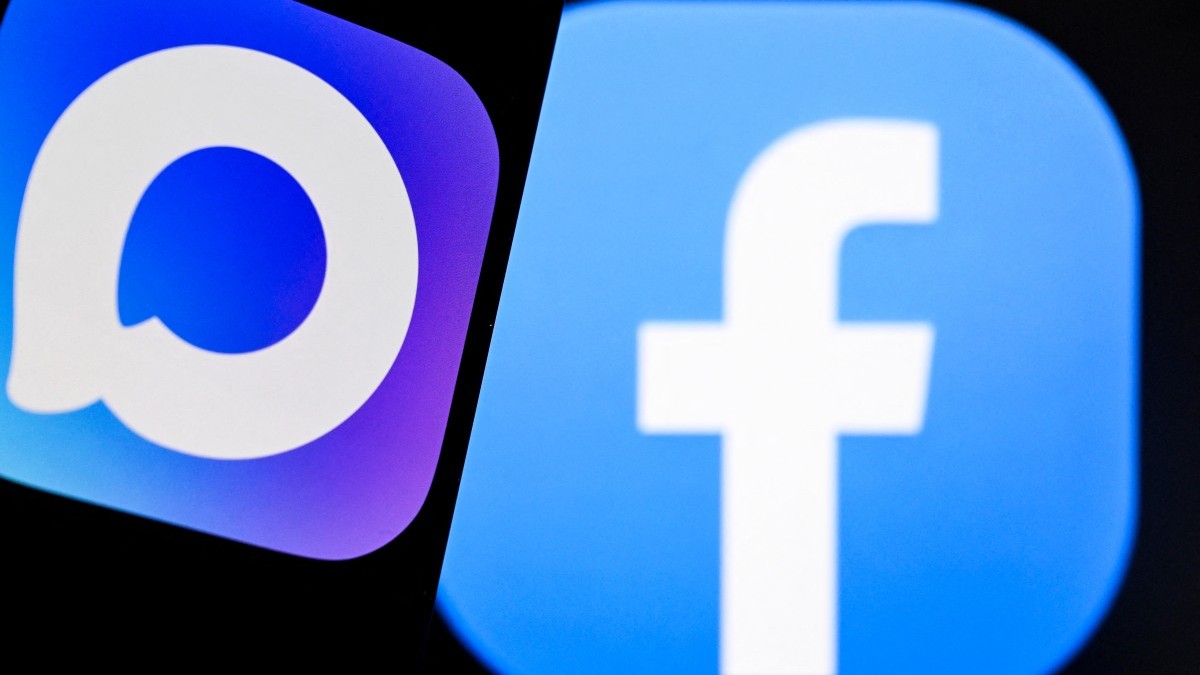Tuesday, October 7th saw Denmark announce plans to implement a ban on social media use for children under 15.
Prime Minister Mette Frederiksen, speaking at the opening of parliament’s autumn session, did not clarify which social media platforms would be affected by the ban or how it would be enforced in practice.
The bill—the timeline of which remains unspecified—would authorise parents to let their child use social media from the age of 13.
Frederiksen stated, “The cell phone and social media are robbing our children of their childhood,” noting that 60% of Danish boys aged 11 to 19 chose to stay home rather than spend time with friends.
Australia has been a leader in global efforts to prevent internet harm among young people. Last year, it revealed plans to introduce legislation preventing children from accessing such social media platforms as Facebook, TikTok, and Instagram until they reach 16, having previously suggested that YouTube would be exempt due to its extensive use in classrooms.
Tech companies such as WhatsApp and Reddit, along with streaming service Twitch, gaming platform Roblox, Lego Play, and Pinterest, could be included among over a dozen sites added to Australia’s planned social media ban for under-16s.
Starting from October, 2025 access to social media platforms will be automatically blocked for children under 16 in Greece. The Mediterranean nation is set to become the first European Union member to block social media access for minors.
France is also moving to tighten social media rules for young people. On September 11th, a French parliamentary committee proposed a full ban on social media for children under 15, alongside a nighttime “digital curfew” for users aged 15 to 18.
